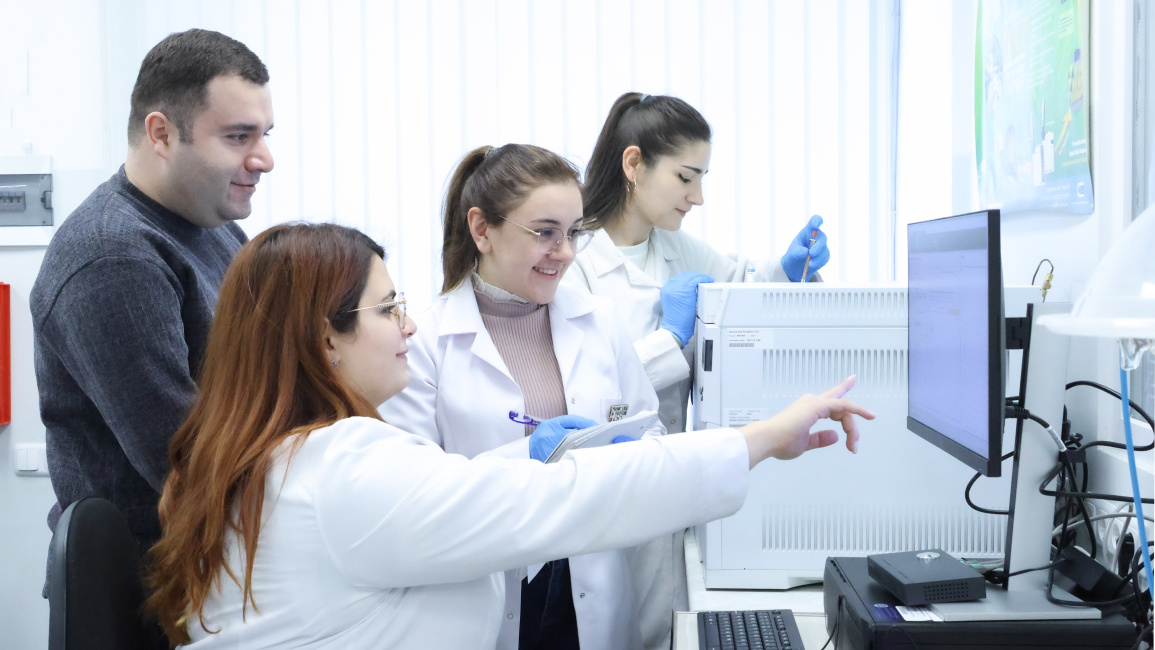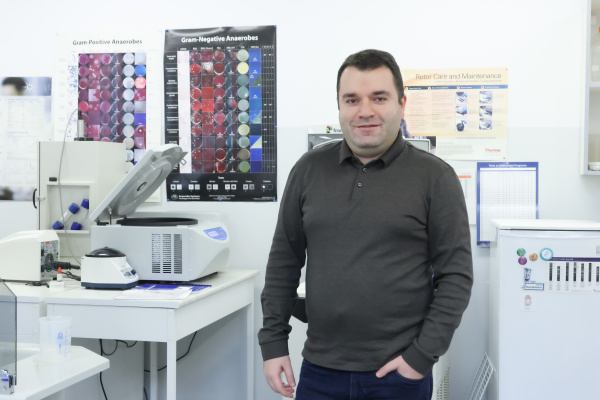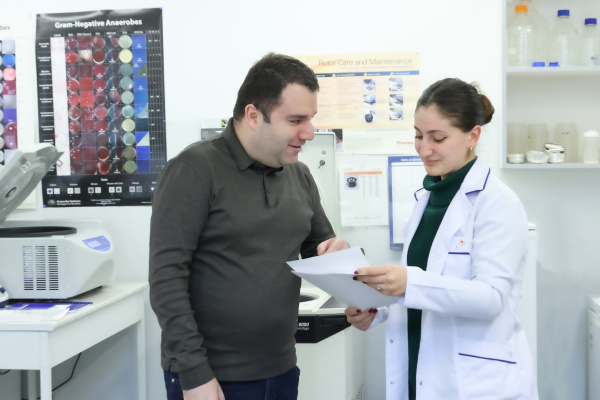January 03, 2025 | 12:00
Science
Research
Competitions
From coffee waste to green future: YSU scientists explore effective recycling methods for coffee waste
A new study conducted at YSU Research Institute of Biology reveals that coffee waste can serve as a basis for producing biofuels, thereby contributing to environmental preservation and the development of a green economy. Karen Trchounian, Director of the Research Institute of Biology, provided further details about the research.

Within the framework of the "Prospective Research Projects-2024" competition announced by the RA Ministry of Education, Science, Culture and Sports, the project presented by Karen Trchounian, Director of YSU Research Institute of Biology, has been recognized as a winner and awarded funding. The scientific project titled "Production of Second-Generation Biofuels from Coffee Waste Using Natural and Artificial Microbial Communities for Greener Future", which focuses on environmental protection and the development of a green economy, holds great significance for both science and environmental preservation.
Realization of the Idea
The idea of producing biofuels from coffee waste originated in 2018 during a startup idea competition.

"At that time, we thought about how we could utilize coffee waste, and we proposed using it as fertilizer or a biomass source. Later, the team began to explore the use of coffee waste for producing biohydrogen with microorganisms," said Karen Trchounian.
During the initial research, the team published several scientific articles that reinforced the scientific basis for the idea.
"Our goal was to understand how we could efficiently recycle coffee waste and create valuable products," he noted.
Environmental Challenges
The global production and consumption of coffee lead to the accumulation of large amounts of waste. "If we look at coffee production from a 100% perspective, about 95% of it becomes waste. This large volume poses a serious challenge, as improper waste management harms the environment and contributes to carbon dioxide emissions," explained Trchounian.
Researchers at the Research Institute of Biology aim to propose an innovative circular bioeconomy model, in which coffee waste not only ceases to be an environmental problem but also becomes a valuable source of alternative energy.
The Role of Biofuels in Green Economy
Biofuels, as a source of clean energy, contribute to environmental preservation and the reduction of carbon dioxide emissions.
Regarding the details of the ongoing research within the project, K. Trchounian emphasized: "One of the key principles of a green economy is ensuring waste-free and circular processes. Our project offers the opportunity to reduce the harmful impact of coffee waste while simultaneously creating clean fuel for the benefit of nature and humanity."
Recycling Process of Coffee Waste
To convert coffee waste into biofuel, it undergoes biochemical transformation. Explaining the process, K. Trchounian said: "We use microorganisms that utilize coffee waste as a food source. As a result of this process, the microorganisms release hydrogen, which is a clean energy source."
The use of hydrogen, unlike oil or gas, does not contribute to carbon dioxide emissions. According to K. Trchounian, the combustion of hydrogen results in the release of only water, making it an ecologically clean solution.

Future Plans and Prospects
Within the framework of the project, the team intends to continue scientific research and present its results to the international scientific community.
"Our main goal is to publish articles, popularize the research results, and try to expand the scope of the study," said K. Trchounian.
He added that the team also plans to explore the combination of coffee waste with other types of waste to advance future experiments and results. Karen Trchounian emphasized that their long-term goal is to create practical solutions that will be implemented across various industrial sectors and contribute to the transition to a hydrogen economy.
This project from the Research Institute of Biology may provide new solutions for a green economy and environmental preservation.

